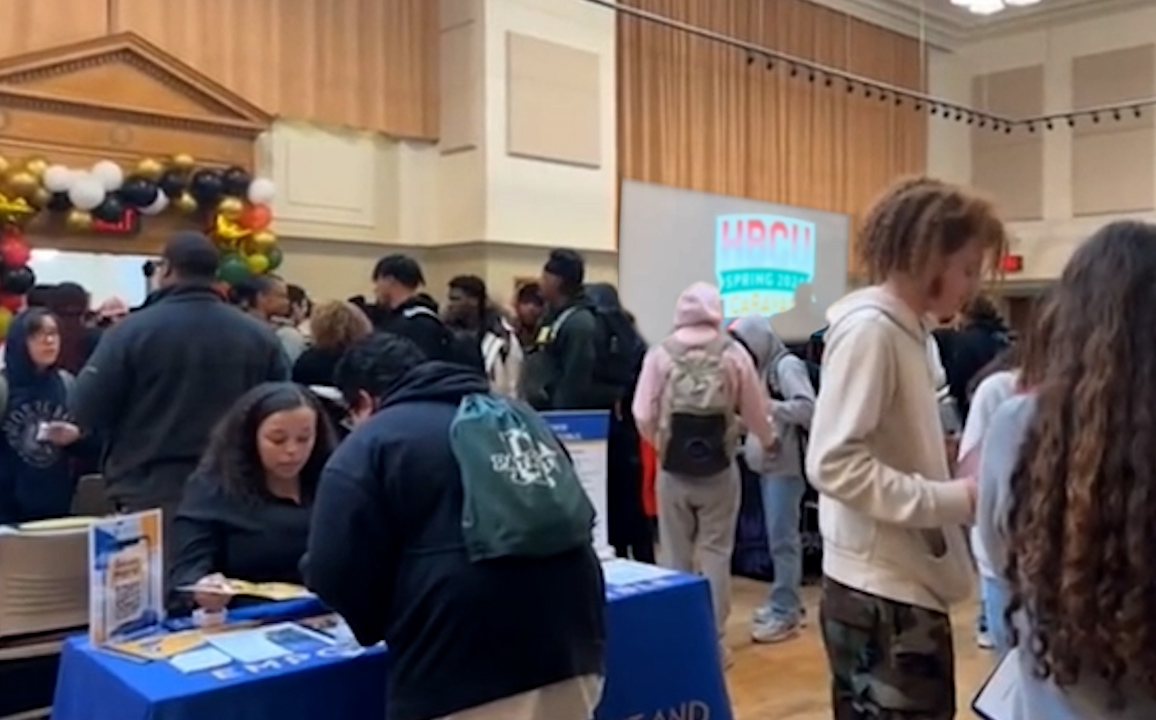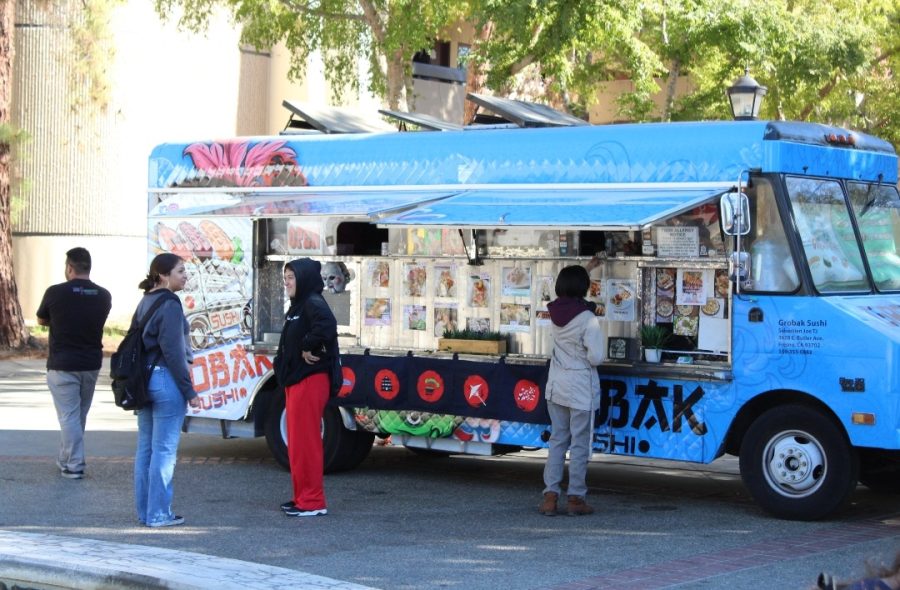Discrimination. We all know what it is, and unknowingly, may even practice it ourselves with our everyday actions.
Think about it: If you were to see a thug walking towards you while you were in your car, do you lock your car? Or maybe you become a bit uneasy and leave? Truth is, the person that’s walking towards you may not want to cause you harm – and yet you discriminate them based on stereotypical appearances.
Thirty four year old Jesus Salazar is a former member of the Bulldog gang in Fresno. Salazar, a tall man who has gang affiliated tattoos from head to toe, has two strikes on his permanent record, and is in danger of going to jail for life if he fails to follow the rules once again.
A member of the bulldog gang since the age of 15, Salazar has had his run-in’s with the law on several occasions. First, he spent six months in a California prison where he wasn’t allowed contact with the outside world.
After having shot a man, he was sentenced to six years in North Kern State Prison. Salazar received his second strike after he violated parole and was sent to Deuel Vocational Institution in Tracy.
While in the prison, an argument between Salazar and another gang member escalated and got the two into a fist fight.
After receiving this second strike, he was told that any other action would lead him to receive his third and last strike, which would make him spend the rest of his life in prison.
Salazar learned his lesson, graduated from Fresno City College, and received the Dean’s Medallion in Applied Technology back in 2004. Now a student at Fresno State University, Salazar still receives discrimination wherever he goes.
When he was a student at FCC, Salazar was discriminated by the police on multiple occasions. He once was pulled over going northbound on Blackstone Avenue because of a dreamcatcher hanging from his rearview mirror.
The officer first asked the group if they were on parole or on probation, before running any of their licenses in his system.
Salazar found this to be a form of discrimination as none of the men in the car were on parole, and the officer simply assumed they were because of the way they looked. “Discrimination is a form of racism,” Salazar commented, “and it needs to stop.”
If there are so many twists in turns in spotting a person involved in gangs, what are the physical things you look for to accurately spot out a “thug?” Truth is, there really is no correct way of pointing out a gang member, only stereotypes.
The mental picture most people have is generally of a man or woman covered in tattoos, stirring up trouble wherever they go.
“Just because I have tattoos doesn’t mean I’m associated with a gang,” commented Salazar. He also added that “a person could wear pink and be a gang member. But people automatically react when they see a bald man wearing red.”
To those that are still being discriminated against, Salazar advises you to simply “keep calm. Go along with their program. Follow whatever they want you to do. Ask them if there’s anything else you can do for them, it’s the only way to get them [the police] out of your face.”
For Salazar, his time for change was when his freedom was in jeopardy. He does hope that the violence diminishes because according to Salazar we must all “respect each other and unite. That’s what it’s all about.”



